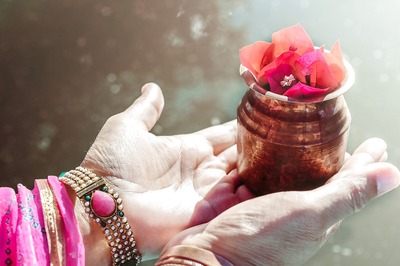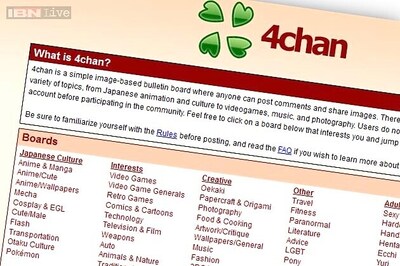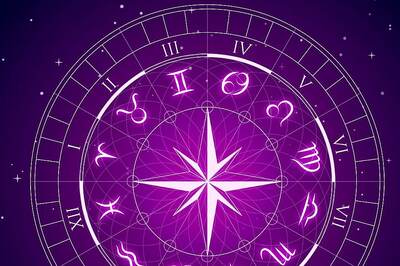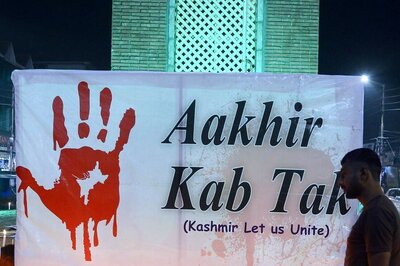
views
Dakar, Senegal: Hungry for oil and minerals, India and China have become Africa's new colonialists, exploiting the world's poorest continent in the same way as its old European masters, billionaire financier George Soros said on Tuesday.
European nations' scramble for resources, from slaves to diamonds and gold, led them to subjugate Africa's peoples under colonialism. After independence swept the continent in the 1950s and 1960s, they often supported corrupt and dictatorial regimes.
Over the last decade, amid concern over minerals funding wars from Angola to Democratic Republic of Congo, Western governments and multi-nationals have largely accepted the need for accountability and transparency in extractive industries.
But India and China, which are pumping billions of dollars of loans and investment into Africa, have not, Soros said.
"They are in the process of repeating the mistakes that the colonial powers have made," Soros told Reuters in the Senegalese capital, Dakar.
"There's a certain irony of the old colonialists recognising their past mistakes and trying to correct them, and the new colonialists then repeating those mistakes." Soros, whose charitable foundations disbursed $45 million in Africa last year, hoped that Chinese firms would toughen their criteria for investment, although he said Chinese demand for raw materials had brought benefits to the continent, underpinning its strongest growth in four decades.
"It's the basis on which the economic outlook for Africa is somewhat exempt from the current global downturn," he said, assessing Africa outlook as "quite good".
"I don't expect a global recession. I expect a recession in the developed economies but there are some very positive dynamics for the developing world, particularly resource-rich areas," said Soros, who was ranked as the world's 80th richest man by Forbes magazine last year with a fortune of $8.5 billion.
For those African countries not lucky enough to possess mineral wealth, the outlook was more sombre. Non-oil producing states were losing more in economic terms from record petroleum prices than they ever gained from Western debt relief, he said.
The financier, who set up the Open Society Institute and Soros Foundations, said ongoing post-election violence in Kenya which has killed more than 1,000 people was a reminder of the need to bolster African democratic institutions.
Soros, 77, called on President Mwai Kibaki and opposition leader Raila Odinga to agree a power-sharing administration and move towards new elections, or risk dragging Kenya's once-thriving economy into a spiral of decline.
Kenya's crisis risked tainting investor perceptions of Africa, Soros said, by repeating a familiar spiral of political crisis and economic decline witnessed from Ivory Coast to Democratic Republic of Congo.
"Kenya is not the first country which is relatively prosperous and then a breakdown in the political process sets in motion a process of disintegration," said Soros, after visiting a training centre for single mothers funded by his foundations.
"When you look at Zimbabwe, which was one of the richest and just keeps on sinking. It is terrible just how far it can sink."
Due to Africa's colonial past, Soros said there was a limit to what foreign intervention could achieve and he urged African rights groups and governments to strive for democratic reforms.
"The problem is a constitutional one," he said. "There needs to be greater power sharing, greater devolution, and a greater role for parliament, as opposed to the president."




















Comments
0 comment